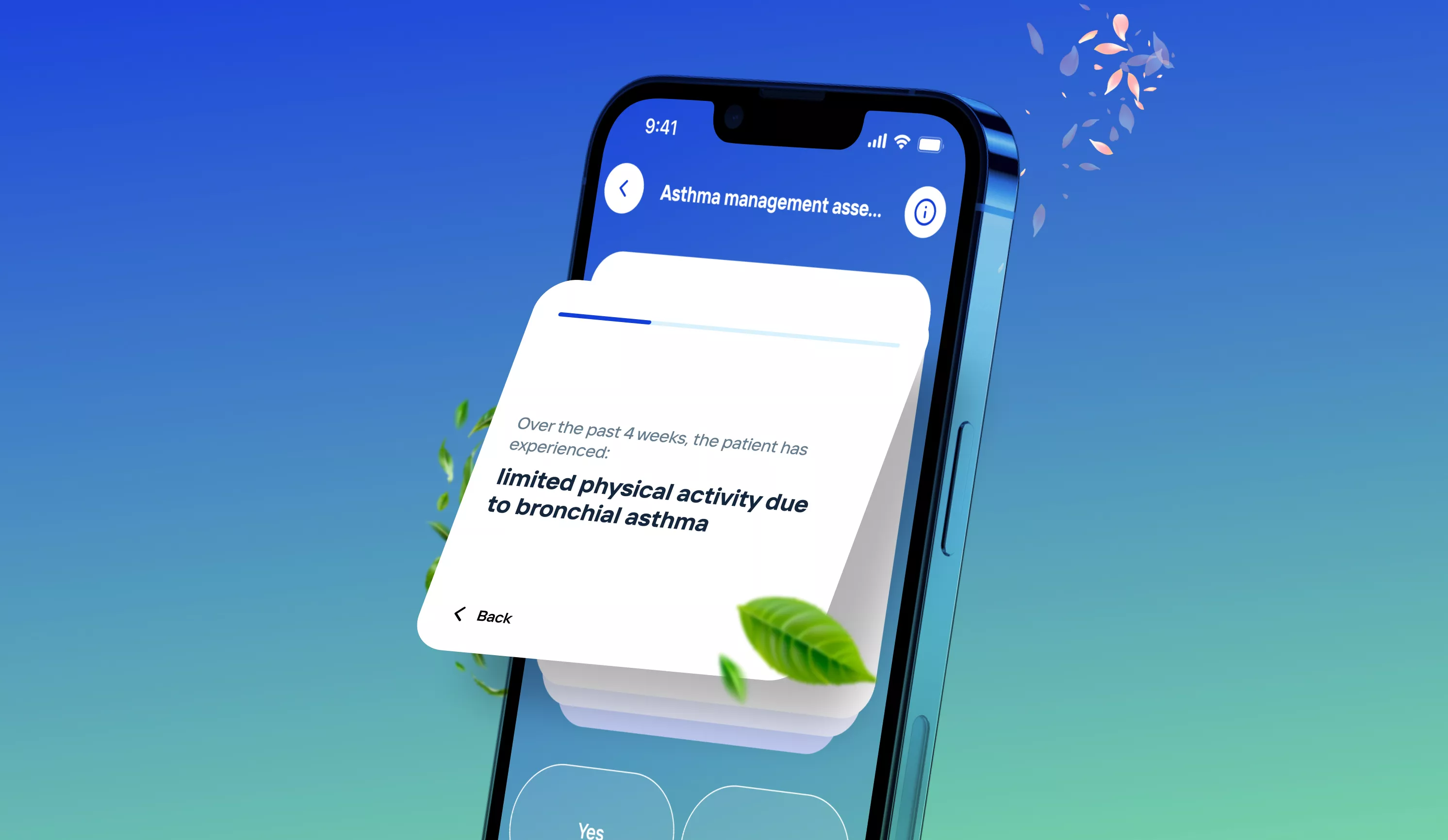When venturing into mobile development, it's crucial for companies to align their product's goals and objectives with the development approach to ensure the app's success and user engagement. This strategic choice also dictates whether to opt for cross-platform or native development. In this article, we’ll break down the differences between these approaches and help you identify which one suits your needs best.
What Are Native Mobile Applications? Native apps are specifically designed for a certain operating system using the development tools and programming languages optimal for that platform. Examples include many mobile games and virtually all default applications like alarms, calendars, and calculators.
Advantages of Native Applications
-
Enhanced Flexibility and UX: Native apps can seamlessly integrate with a device’s features—such as the camera, notifications, contact list, GPS, and microphone—leading to faster performance, quicker response times, and fewer crashes. Users will find the interface intuitive and the navigation familiar, overall enhancing user experience.
-
Better App Store Visibility: Native applications often rank higher in the search results of app stores like Apple’s App Store and Google Play, as they generally score higher due to superior system integrations, performance and user experience.
Disadvantages of Native Applications
-
Higher Development Costs: Developing multiple code versions for different operating systems requires more time from developers. Designers also need to tailor the app’s design to each platform based on specific guidelines, increasing both costs and development time.
-
Limited Reach: Companies often face a dilemma: develop for just one platform or create multiple versions to reach a wider audience and maximize potential revenue.
What Are Cross-Platform Mobile Applications? Cross-platform apps are developed using a universal codebase designed to operate across multiple operating systems. This approach is favored for its cost and time efficiency while still delivering a high-quality product.
Examples of Cross-Platform Mobile Applications by Audax:
-
Perfluence: A multilingual blogging app on Flutter featuring a user-friendly dashboard, post creation tools, and electronic contract signing.
-
Zeppelin Navigator: An app integrating a custom CRM for construction equipment sales, document generation system, and an internal corporate portal.
-
Junk a Car: An auction-style app for selling used cars for scrap metal.
Advantages of Cross-Platform Applications
-
Universality: A single codebase for all platforms eliminates the need for platform-specific coding.
-
Cost and Time Efficiency: It’s generally cheaper and faster to develop one code version rather than multiple ones, allowing for quicker launches and budget savings.
-
Simplified Updates: Updates across all platforms can be implemented simultaneously, simplifying maintenance and reducing costs.
-
Broader Accessibility: With their universal design, cross-platform apps can be used on various devices, expanding the potential user base.
-
Consistent Design: Maintaining a uniform interface design across platforms reduces possible user confusion and helps them adapt quickly when switching devices.
Disadvantages of Cross-Platform Development
-
Reduced Flexibility: While they meet the basic needs across all platforms, cross-platform apps might not fully leverage the unique capabilities of each operating system, potentially affecting performance and user experience.
-
Design Compromises: Adhering to the diverse design guidelines of different platforms can be challenging and time-consuming for designers aiming to maintain a consistent look and feel.
-
Variable Store Approval Times: The rules for app submission can differ significantly between stores like the Apple App Store and Google Play, possibly extending the review process.
Choosing the Right App for Your Business To make an informed decision, consider the following:
-
Desired Outcomes: If rapid market entry or hypothesis testing is your priority, or if you need to transition from a web-based service to a mobile platform, cross-platform development is ideal. However, for an app requiring complex interactions, sophisticated graphics, and advanced functionalities, native development is the way to go.
-
Audience Device Preference: If a significant portion of your audience uses a particular operating system (e.g., 90% Android users), native development could be more beneficial. For a more balanced user base, cross-platform development might be the better choice.
-
Budget Considerations: While cross-platform development is typically less costly due to the reduced workload, the complexity of the project and the developers’ expertise level can influence the total cost and time required.
-
Development Timeline: Cross-platform projects can be completed more swiftly than native apps. However, customizing functionality and design to suit different platforms can sometimes delay product releases, and resemble the estimated time needed to develop multiple native apps.
-
Ongoing Support Needs: Post-launch, apps might require bug fixes, minor tweaks, or store updates. Maintaining native apps for Android and iOS can require significantly more resources.
Summary Choosing between cross-platform and native development depends on your specific needs, budget, and resource availability. While cross-platform apps can expedite time-to-market and reduce costs, native apps offer better performance and a richer user experience.
If you're considering developing an app but aren't sure which route to take, reach out to us—we're here to answer all your questions and guide you through the decision-making process.





